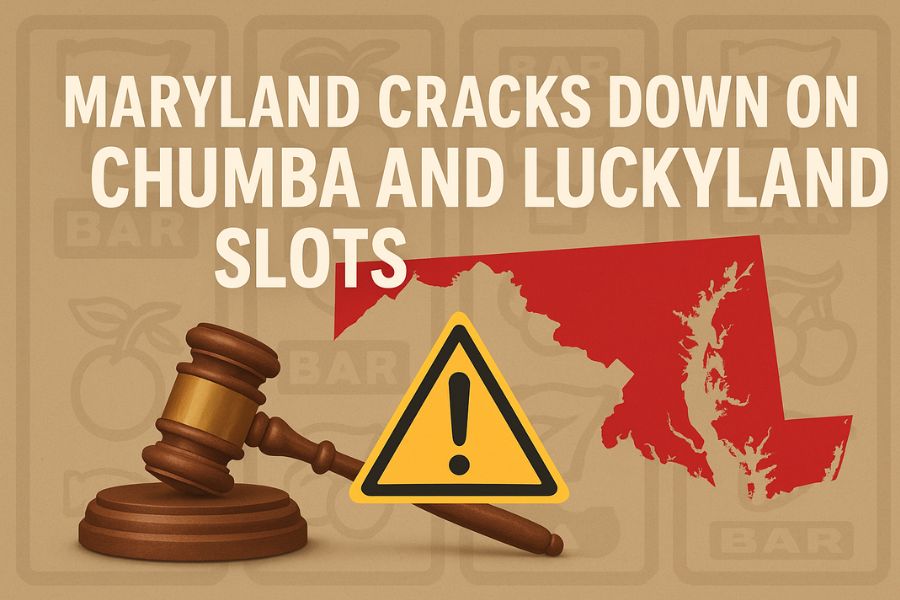Texans could see big changes to online gambling soon. State leaders are signaling tougher action against sweepstakes sites, while lawmakers continue to debate whether to allow real-money online casinos under strict rules.
Recent comments from candidates for Attorney General suggest harder enforcement against unregulated gambling, and ongoing talks in the Legislature keep regulated casino proposals alive. Nothing is final, but the stakes for players, operators, and policymakers are rising.
Why a Ban on Sweepstakes Casinos Is on the Table
Texas law already bars most forms of gambling, and enforcement has targeted “gray-market” setups before. Sweepstakes casinos use dual currencies and “no purchase necessary” entries to claim they are legal, but some officials see them as workarounds.
All four Republican AG candidates recently pledged to uphold state gambling bans and pursue enforcement, a unified stance that could put more pressure on sweepstakes brands operating in Texas.
Texas also has a history of strict positions on online betting. In 2016, the sitting attorney general issued an opinion that paid daily fantasy contests likely violate state law. That nonbinding view still shapes how regulators and courts might treat chance-based games offered to Texans online.
While fantasy sports differ from sweepstakes sites, both raise questions about “consideration,” chance, and prizes — the core of gambling law.
Other states’ actions add momentum. In June 2025, New York’s attorney general ordered 26 sweepstakes platforms to stop operating in the state. In West Virginia, the AG issued dozens of subpoenas, and more than 20 operators left.
Moves like these don’t control Texas, but they show a playbook that a future AG here could follow to challenge sweepstakes models.
What Legal Real-Money Casinos Might Look Like
At the same time, there is talk about creating a licensed, regulated market for real-money online casinos or destination resorts. Recent proposals have floated a Texas Gaming Commission, high license fees, and tight consumer protections. Local planning in places like Irving even anticipates large mixed-use projects that could add casino components — but only if voters and lawmakers approve a constitutional change.
The path is not simple. To expand gambling, Texas needs a two-thirds Legislature vote plus statewide voter approval. Key leaders, including Lt. Gov. Dan Patrick, have long signaled opposition, which has stalled previous efforts.
While some House and Senate members continue to champion bills — and business groups argue for new jobs and tax revenue — the political math remains tough. Deadlines and committee hurdles also slow momentum.
For Texans, the next year could bring two very different outcomes. A stricter AG posture might push sweepstakes sites to exit or change how they operate. A legislative breakthrough could open a regulated market with age checks, responsible gaming tools, and clear tax rules.
Or Texas could simply hold the line, keeping sweepstakes in a gray area and real-money casinos off-limits. Until laws change, players should treat promotions carefully, read terms, and avoid sites that claim Texas approval without proof.




